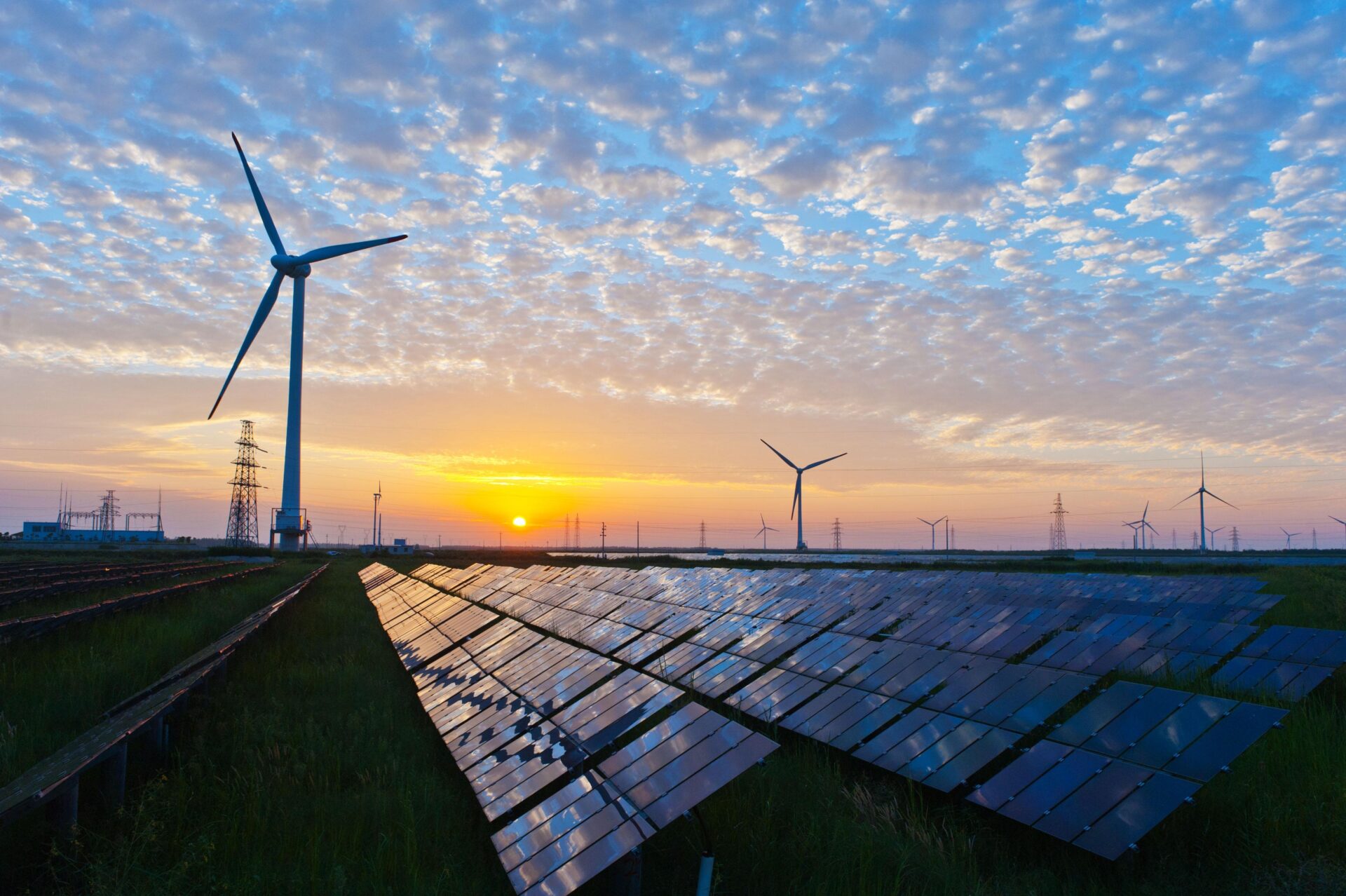Against the multi-year contracts, it will become a lot more expensive to cancel a contract. Prices are expected to be below the current price ceiling of 1.45 euros per cubic meter of gas, though not by much.
So still by no means cheap. It does mean that those who fear new extreme price increases can lock in the price for a long time. Suppliers and price comparators notice that many households are wondering what to do. "It's a madhouse," says Ben Woldring of Gaslicht.com.
Flexibility or security?
So what is wise? That depends mainly on your situation and how much uncertainty you can tolerate, experts say. "You see two trends emerging," says energy economist Hans van Cleef of Publieke Zaken. "You have people who just want more flexibility, so they can take maximum advantage of low prices when there is a lot of wind and/or sun. For them, dynamic contracts with hourly electricity prices and daily gas prices are interesting."
The other group, Van Cleef explains, has become quite nervous about variable contracts after the past year. There, depending on the supplier, prices are fixed for a month or a quarter. For that larger group, a fixed-price contract is a godsend.
Van Cleef himself recently signed a one-year contract. "So far this year, everything is with us. A mild winter, full storage and the Chinese economy that is moving back into lng slower than expected," reasons the economist. "If you look at the price, the risks are particularly upward."
After peaking at more than 300 euros per megawatt-hour (Mwh) in August, the price of gas on the wholesale market for the weekend fell to below 25 euros per Mwh. Divide that by a hundred and you have roughly the bare price per cubic meter for a household. So 25 euro cents, not including all the taxes and margins plus risk premium for suppliers.
Good to know, however, that "the gas price" refers to gas delivered next month. Anyone who buys gas on the wholesale market now and wants it delivered in the winter or later will still pay (without taxes, that is) close to 50 cents per cubic meter.
It shows that toward winter there is still quite a bit of nervousness in the gas market.
Before the escalation in the energy markets, most households chose an annual contract, Woldring says. "The big question now is: are people going to think differently after June 1," he said.
"I expect that there might be a little more three-year contracts than before," Woldring says. "But on the other hand, there will also be a lot of people who prefer to stay a bit more flexible with an annual contract. You benefit from that after a year if prices continue to fall anyway.
©NOS


